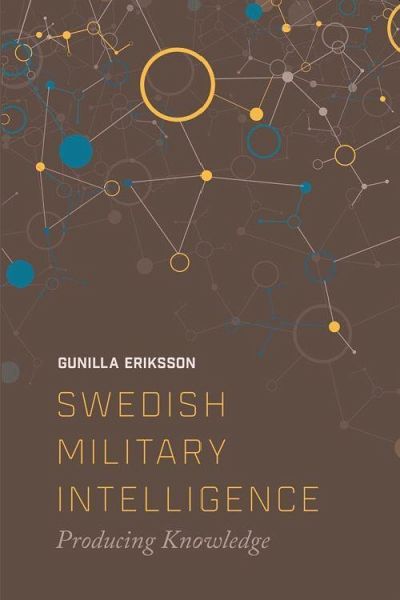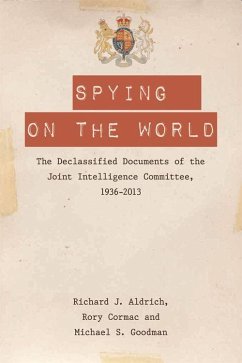
Swedish Military Intelligence
Producing Knowledge
Versandkostenfrei!
Versandfertig in 2-4 Wochen
33,99 €
inkl. MwSt.
Weitere Ausgaben:

PAYBACK Punkte
17 °P sammeln!
This twofold study investigates the character of intelligence knowledge and the social context in which it is produced, using the Swedish Military and Security Directorate (MUST) as a case study.













